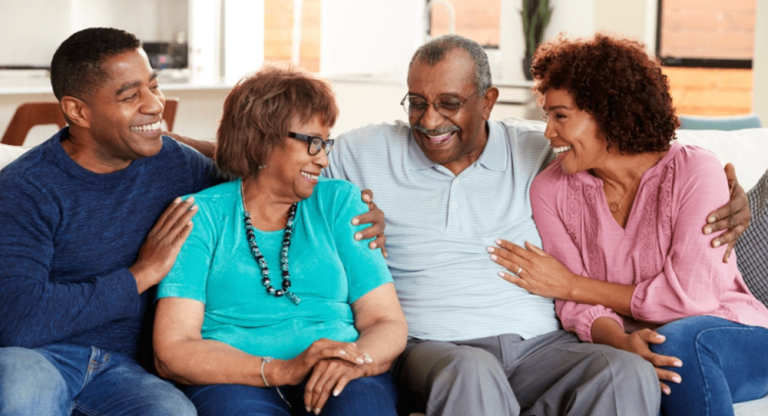PRINCIPAL Investigator of the Capacity Building and Resources for Caregivers of Older Persons (CAReS) project, Dr Eniola Cadmus, said care of the elderly in Nigeria must be optimized and prioritized within the family.
Dr Cadmus, who spoke at the CAReS dissemination meeting and the presentation of a training manual for informal caregivers of older persons, declared that although family members all over the world are usually the ones taking care of older persons and are not paid, the care they provide should not be substandard.
She said:”This study found that all older persons can be adequately met if they have the necessary training. And so, we’ve created this manual which originated from what we found in the research, the problems caregivers and older persons say that they are grappling with,” she added.
Pamela Teaster, a professor and director of the Centre for Gerontology at Virginia Tech, in her guest lecture said aging matters globally, including in Nigeria, due to the increased life expectancy, and the family structure is critical to the assistance of older adults and the raising of children.
She declared that nearly all countries are facing the need to address issues of older people, there is a high prevalence of chronic illnesses like hypertension, diabetes and arthritis among older people, and access to quality geriatric health care services for many is poor because there are not enough geriatricians.
The don said that financial exploitation, poverty due to economic vulnerability and food insecurity were issues older adults grappled with, while hunger increased older adults’ risk for developing illnesses like diabetes, depression and asthma.
Read Also: Counsel alleges Auxilliary beaten, handcuffed in Police custody
According to her, modern lifestyles make it very difficult to provide the kind of care a lot of older adults need and when the caregiver gets ill, that creates another huge problem.
“And so, self-care should never be neglected, never be thought of as something that you could do without, regardless of how hard it is to do,” she added.
Prof Teaster said digitalization is helpful for older adults to do many things, including communicating with family and friends, reading the news, tracking things like blood pressure and pulse rate, moving around using Google Maps, and reducing vulnerability to being scammed or out of work.
According to her, “Ageing is affected by lifestyle choices, advancements in health care, technological advancements, educational advancements, and finances. Advances in medicine tailored to an individual patient are huge and important, a component for treating the whole person, which you all are working on.
“I think we need to teach our children about ageing and that they shouldn’t be afraid of it, but they should embrace it and learn from it. We need to have more opportunities and places to teach older people new things. That helps with overall health. We need to work to improve policies that give access to care, particularly in underserved areas that may never get to get healthcare in time.”
Prof. EmeOwoaje, the presenter of the training manual, said that it was designed to equip caregivers with practical skills, essential knowledge and useful resources to enhance their caregiving abilities.
“By addressing the unmet needs of both caregivers and older persons, the manual is expected to promote healthier ageing and reduce the strain on the healthcare system. Furthermore, the manual serves as a prototype offering a practical and effective solution to the challenges of informal caregiving in resource-limited settings.”
